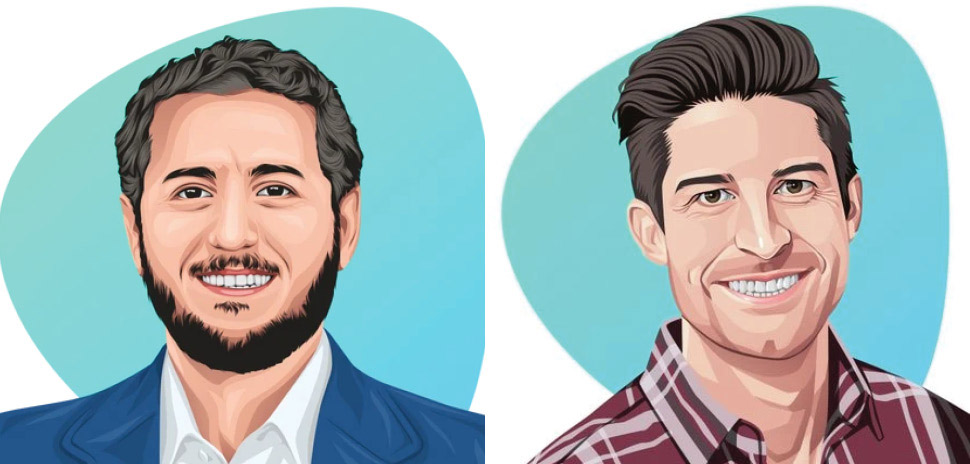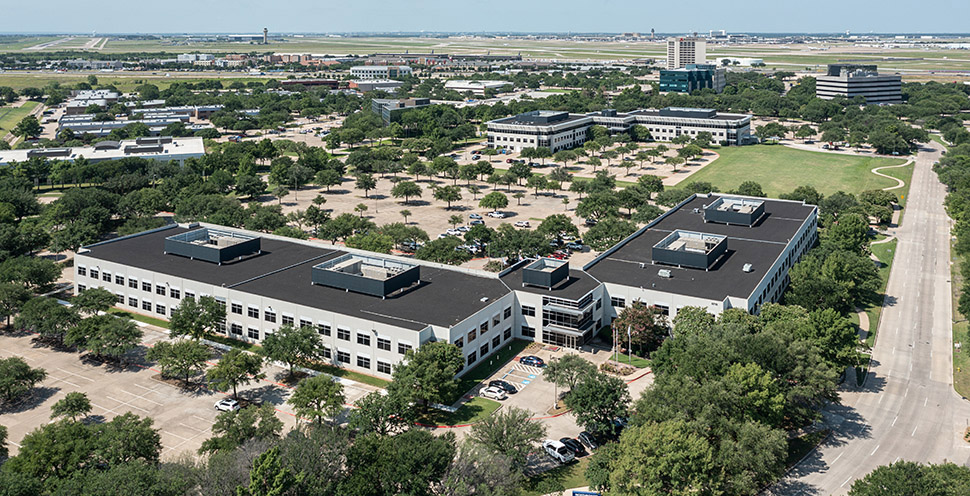![]() Every week, we do a little research of our own. We’re looking for scientists, professors, engineers, entrepreneurs—anybody, really—engaging in research and development across North Texas.
Every week, we do a little research of our own. We’re looking for scientists, professors, engineers, entrepreneurs—anybody, really—engaging in research and development across North Texas.
There’s plenty of good work being done. If you want to put R&D under your microscope, sign up for our e-newsletter.
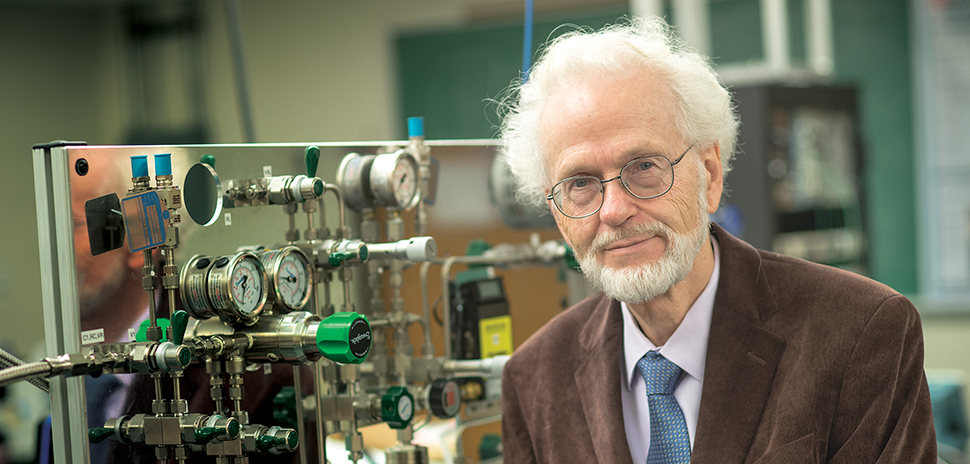
David Nygren is leading a team examining the matter-antimatter imbalance in the universe. [Photo courtesy UT Arlington]
Why do we exist? UTA scientists get $1M grant to study matter-antimatter imbalance
So, tell me, what’s the big deal about the universe’s matter-antimatter imbalance? It’s a mystery, you say?
Maybe not for much longer. Scientists from the University of Texas at Arlington are on the case, thanks to a $1 million grant they won from the U.S. Department of Energy that will used to build a detector that could give insights into that mystery that is, well, as old as the universe.
UTA said in a release that the new detector will be integrated into an international physics experiment called NEXT—Neutrino Experiment Xenon TPC—that was conceived by David Nygren, UTA’s Presidential Distinguished Professor of Physics. The project is being conducted in northeastern Spain at the Canfranc Underground Laboratory, UTA said.
“With this project, UTA is competing strongly with teams from Stanford University, the University of California-Berkeley and the University of North Carolina on one of the main outstanding questions in particle physics and cosmology—why are we here?” Nygren said. “If matter and antimatter were produced equally in the early universe—as the Standard Model of Physics requires—then almost all of the matter should have been annihilated by an equal amount of antimatter, with only a tiny amount of each surviving. But we would not exist. So, why do we?”
Good question.
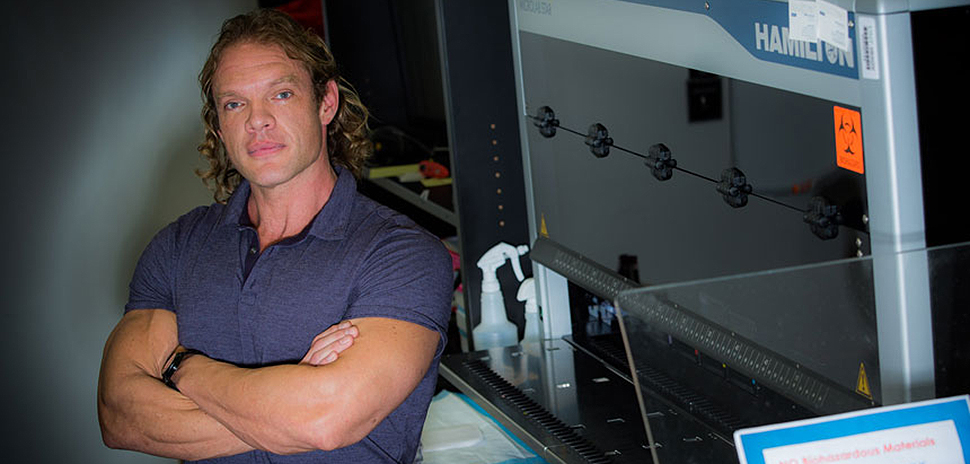
Sid O’Bryant [Photo Courtesy UNT Health Science Center]
UNTHSC announces Institute for Translational Research
The University of North Texas Health Science Center in Fort Worth has opened a new institute that it hopes will speed the time in which memory loss patients get access to therapeutics and diagnostics.
The Institute for Translational Research will be under the direction of Sid O’Bryant, Ph.D. who says it is a huge step for UNTHSC.
“This is going to move research forward more rapidly,” he said in a release. “There are going to be so many opportunities to help patients.”
The school said that Alzherimer’s research and other areas of study will benefit. The institute will be on the fifth floor of the Health Pavilion once renovations are complete in late December or in January. Find out more here.
Cuban invests in rare disease research firm after seeing McKinney boy’s story

Mark Cuban
Billionaire Dallas Mavericks owner and Shark Tank star Mark Cuban has made a major investment in a Bay Area biotechnology company that’s looking for treatments for a fatal, extremely rare disease after he heard about a 6-year-old McKinney boy who battling the disease—Leigh syndrome.
The company is San Francisco-based Perlara, and it works with families, researchers, and patient groups to develop treatments for rare conditions, according to a report in The Dallas Morning News, which reported earlier this year about McKinney resident Will Woleben’s life with the syndrome.
When Cuban was asked if his investment was connected with Woldeben’s story, Cuban replied, “Yes. It was because of it,” the Morning News wrote.
2 UT Southwestern scientist to receive O’Donnell Awards
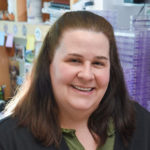
Julie Pfeiffer
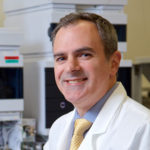
Ralph DeBerardinis
Two UT Southwestern faculty members will be honored early next year with the 2019 Edith and Peter O’Donnell Awards from The Academy of Medicine, Engineering and Science of Texas.
Dr. Ralph DeBerardinis, professor at the Children’s Medical Center Research Institute at UT Southwestern and chief of the Division of Pediatric Genetics and Metabolism at UT Southwestern, and Dr. Julie Pfeiffer, Professor of Microbiology at UT Southwestern, will receive their awards Jan. 15 at the academy’s annual meeting near Austin.
UT Southwestern said that the O’Donnell Awards recognize outstanding achievements by early career investigators in science, medicine, engineering, and technology innovation in Texas.
Each award carries with it a $25,000 honorarium, a citation, a trophy, and an invitation to speak at the conference, according to a release.
READ NEXT
![]()































